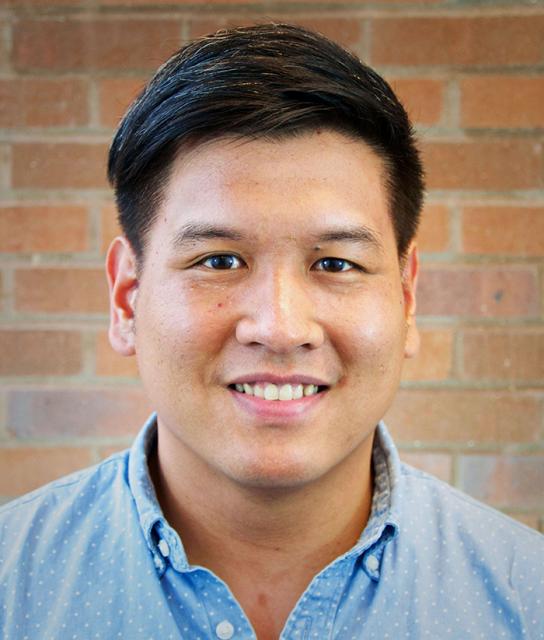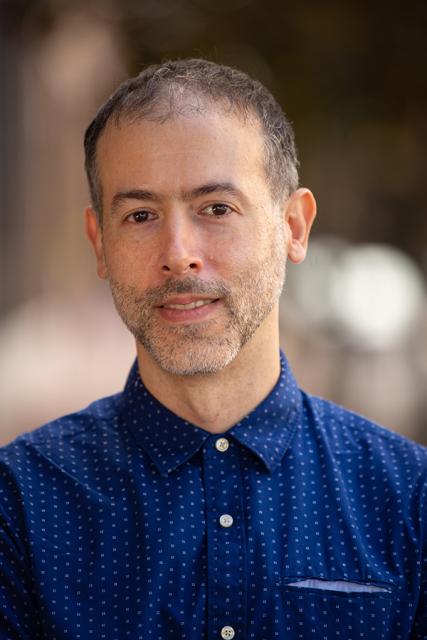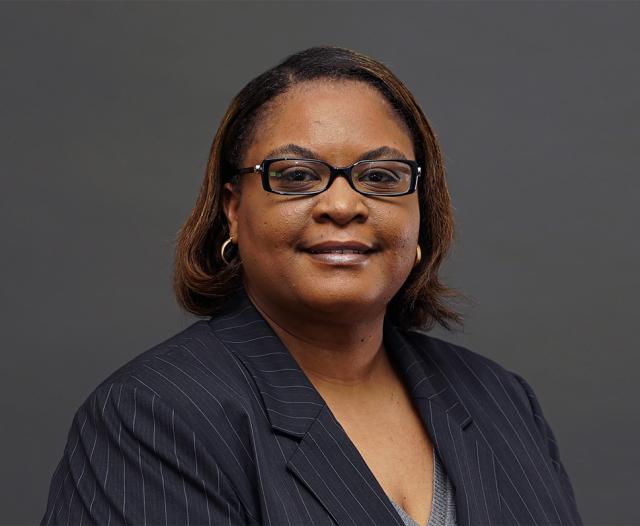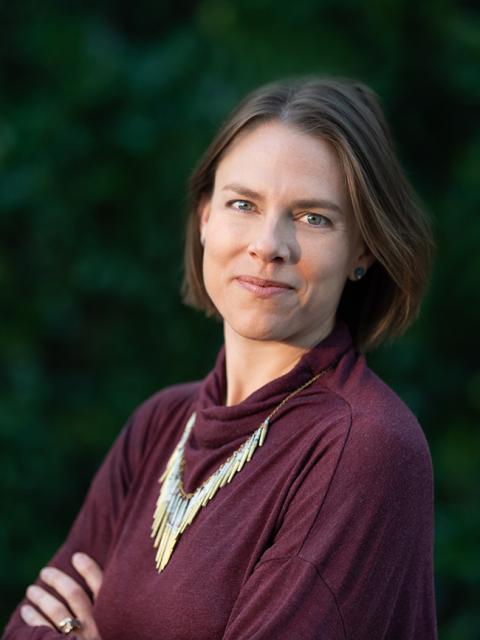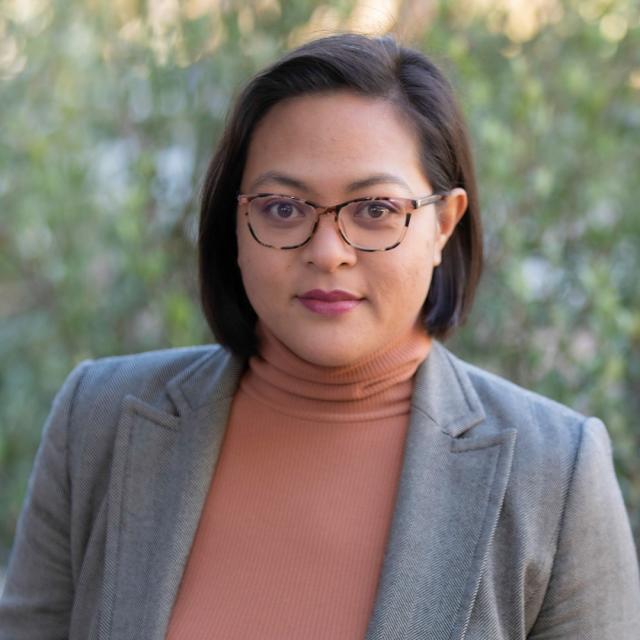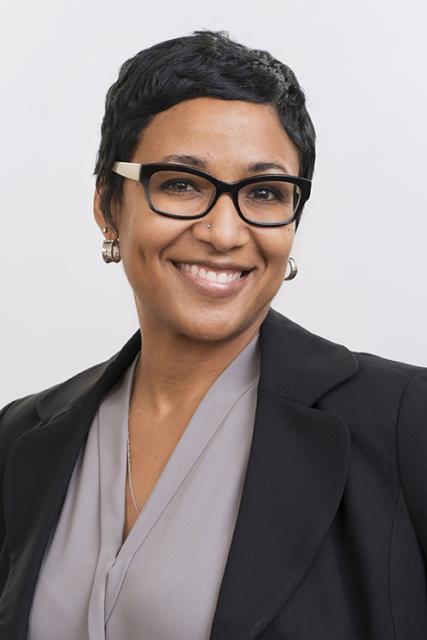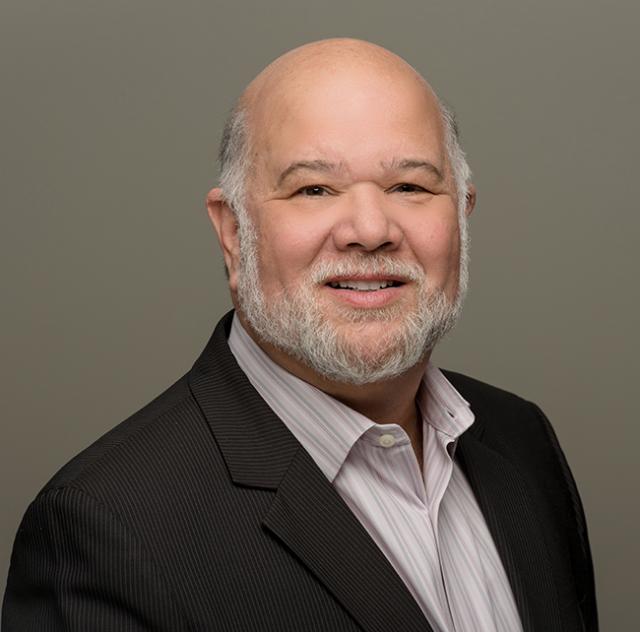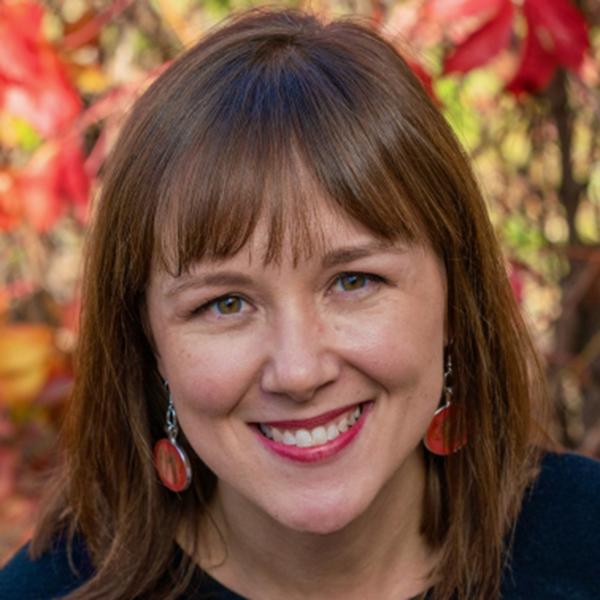Thanks to those that joined us for an interactive, hybrid kickoff event featuring discussion among leadership from the Robert Wood Johnson Foundation, Evidence for Action, Partners for Advancing Health Equity, and symposia co-organizers.
Check Out the Recording
Recording of the Ways of Knowing Symposia Kickoff, a hybrid event recorded on March 7th in New Orleans, LA.
Access the Illustrated Notes
Ways of Knowing Symposia Preview
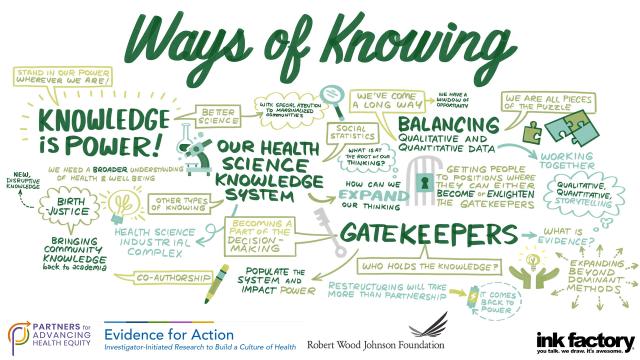
Art by Reilly Branson on behalf of Ink Factory
Transforming Community-Led Health Research
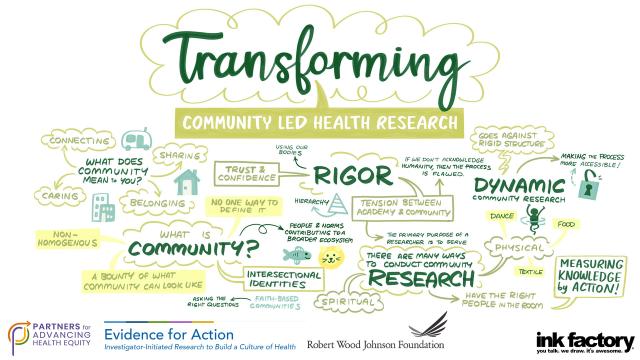
Art by Reilly Branson on behalf of Ink Factory
Indigenous Ways of Knowing
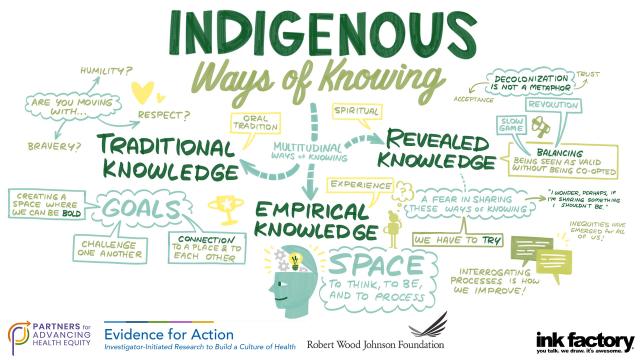
Art by Reilly Branson on behalf of Ink Factory
Challenging the Norm: Redefining Rigor in Health Research
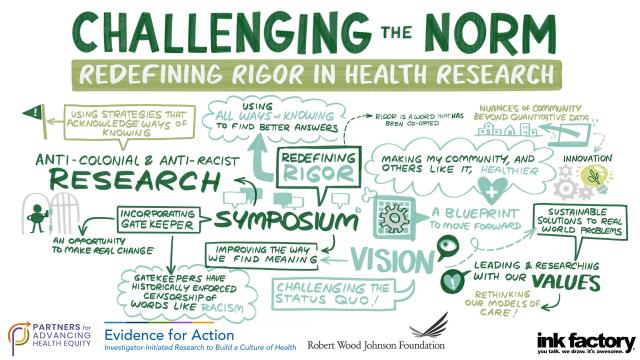
Art by Reilly Branson on behalf of Ink Factory
Speaker Biographies
Omar A. Dauhajre, Administrative Director, Partners for Advancing Health Equity
Meeting Coordinator
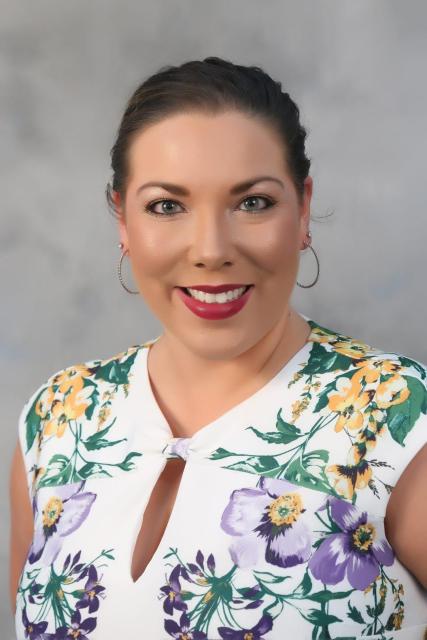
Krystin Poitra is the owner and lead strategist of Events by Krystin Leigh, a minority- and women-owned event management company specializing in high-impact conferences, tradeshows, and special events. Krystin is a member of the Turtle Mountain Band of Chippewa Indians and a descendant of the Three Affiliated Tribes, grounding her work in cultural understanding, respect, and relationship-building across Indian Country.
With extensive experience partnering with Indian Country’s leading nonprofits, tribal entities and partners, Krystin has earned a reputation for exceptional service and precise execution. Her approach is thoughtful and client-centered—ensuring every event is well-executed and honors each client’s vision and values.
Known for her meticulous attention to detail and her ability to oversee every phase of planning and production, Krystin leverages a strong network of trusted local and national partners to deliver creative solutions, elevated design, and dependable management.
